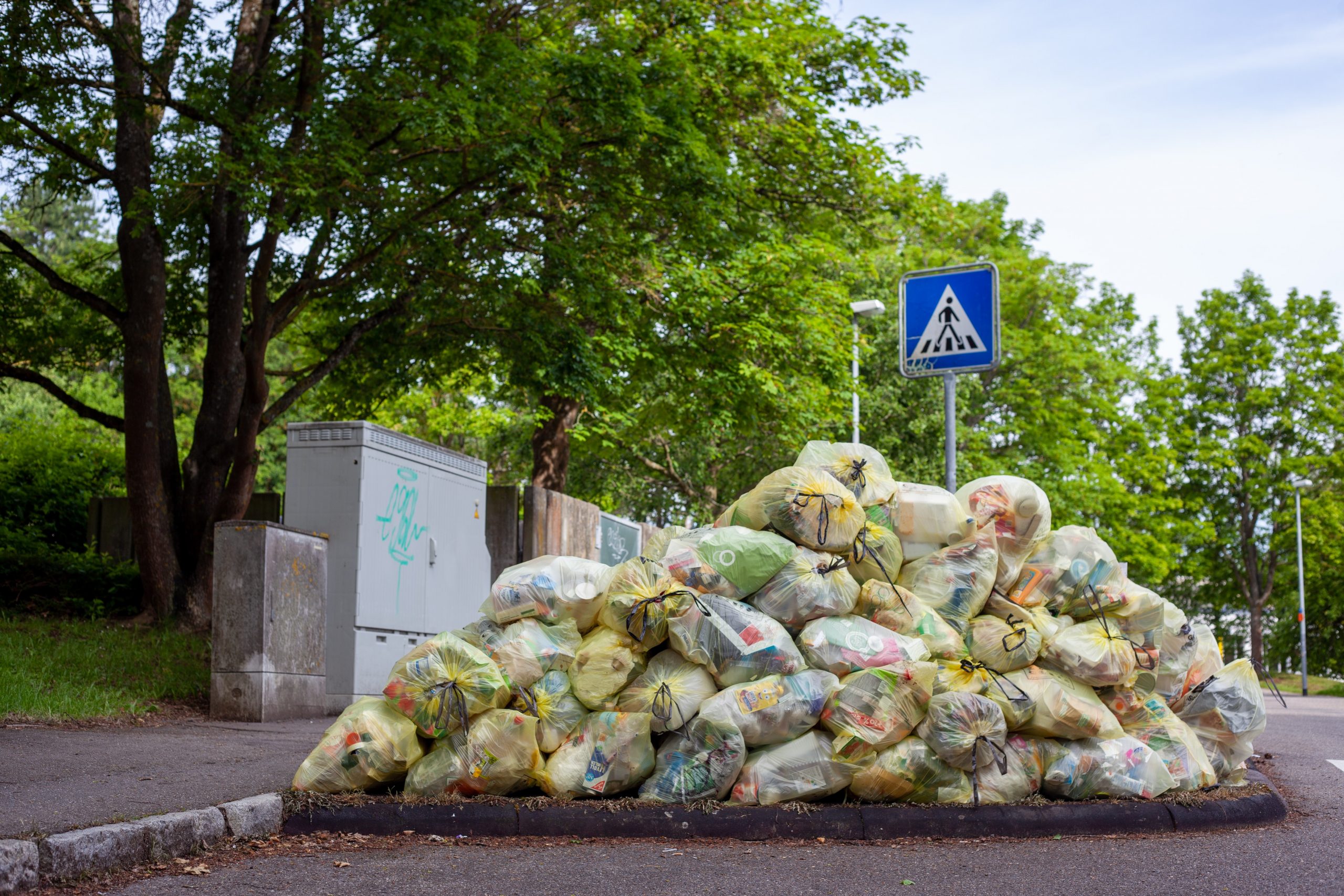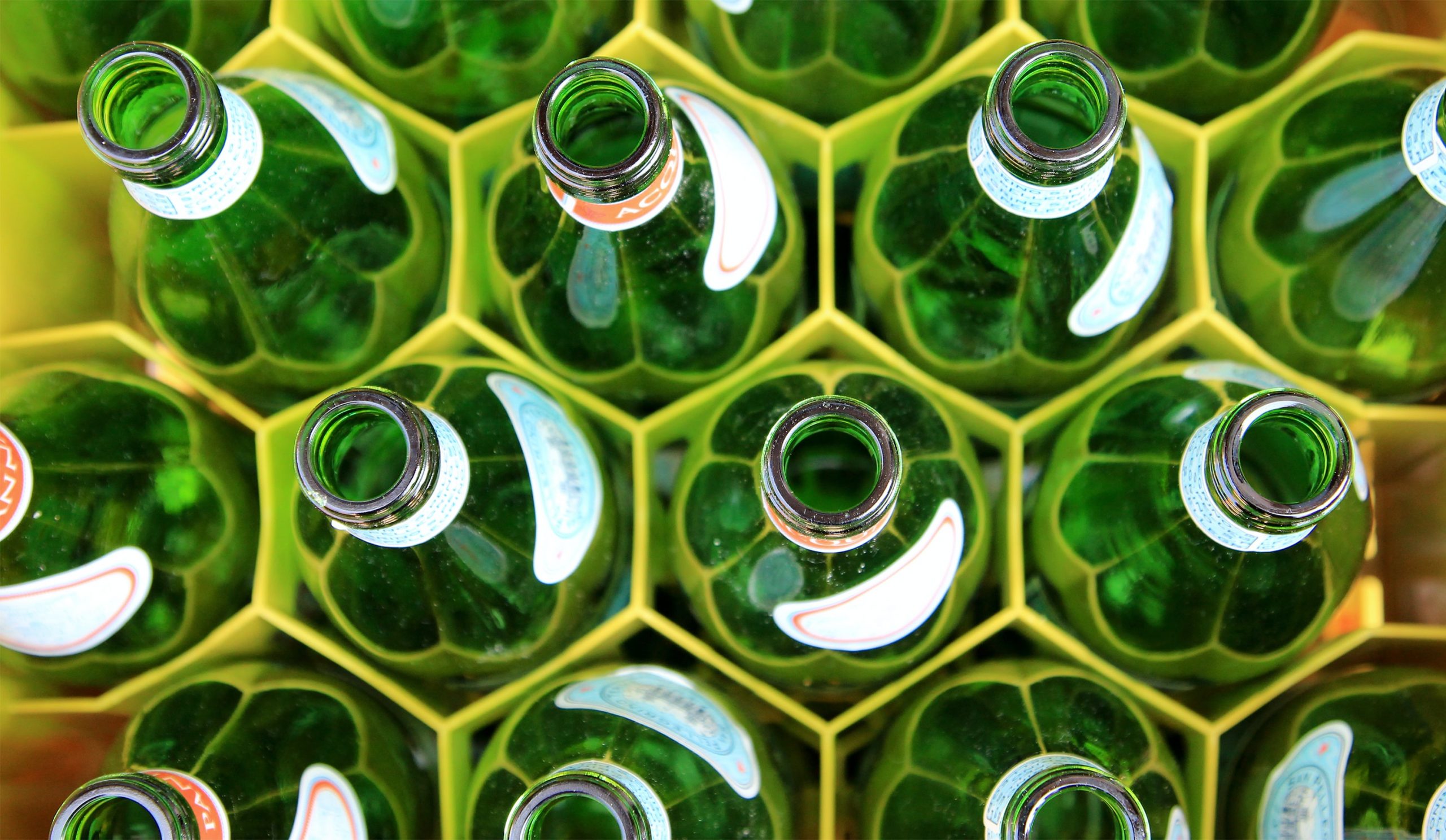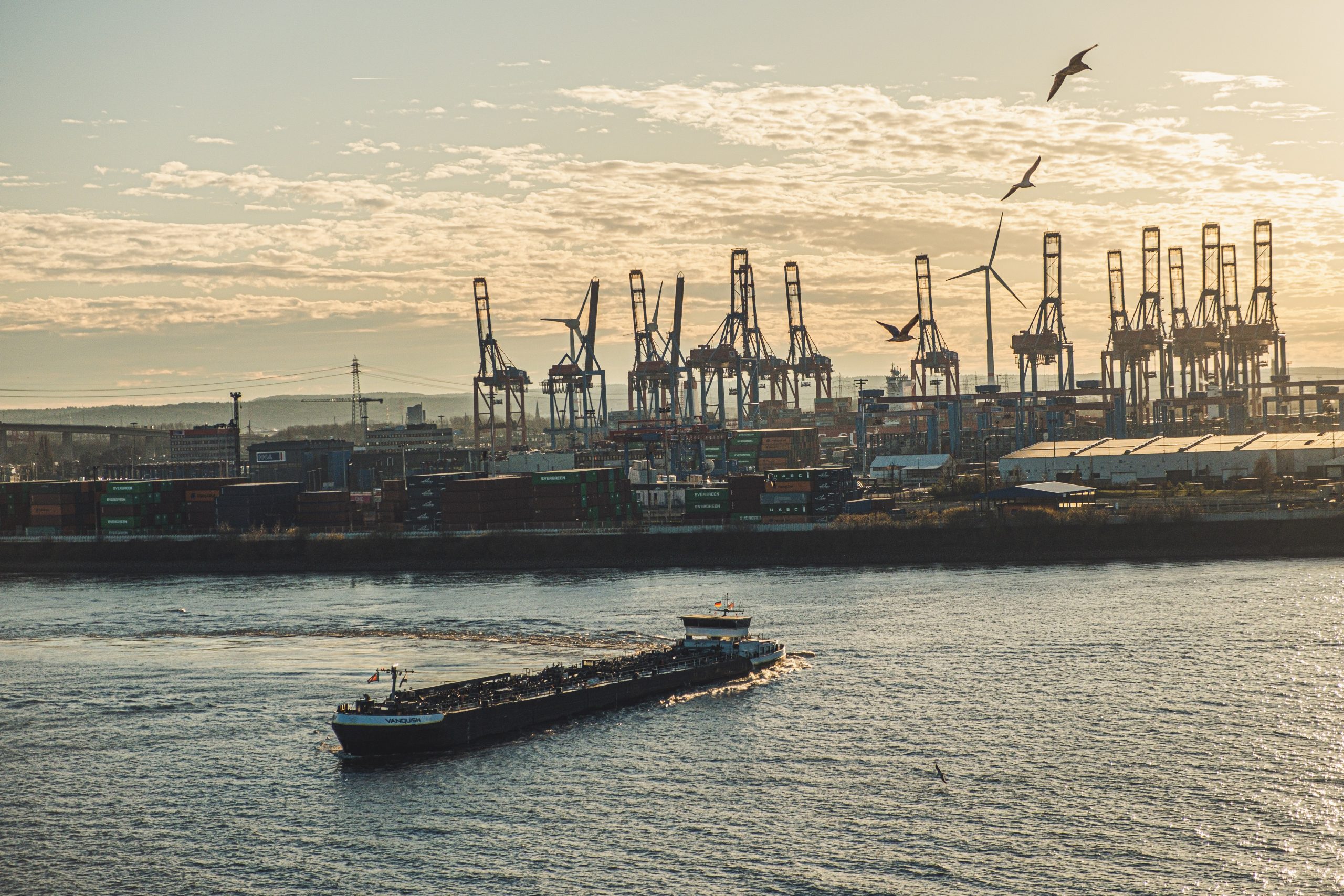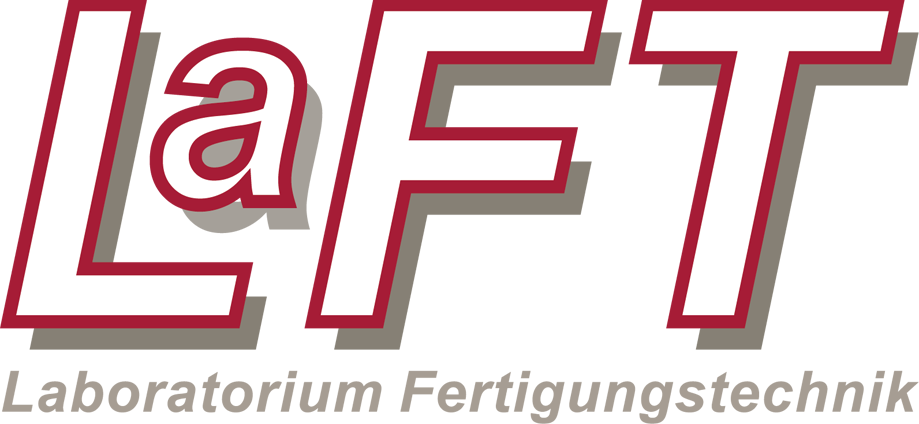The earth’s natural resources are finite, and the effects of human activity are being felt with increasing frequency. Two trends, in particular, are increasingly affecting this process: rising resource depletion, which has tripled since 1970, and the growing world population, which has more than doubled over the same period. By 2050, it is expected to grow further to over 9 billion people, two-thirds of whom will probably live in cities.
One-way street: linear economy
The economic system that currently prevails throughout the planet is the linear economy:
Products are produced, transported halfway around the world, and incinerated or landfilled after use. The resources they contain are not returned to the material cycle. On the contrary, they are not reusable.
This is why this economic model is also pejoratively referred to as the “throwaway economy.”

New ways
In contrast to the linear economy is the circular economy. It describes a model of production and consumption in which the service life of existing materials and products is extended and waste is avoided through various courses of action.
The term “economic activity” means using available resources as rationally as possible – i.e., expediently and economically. It is precisely this understanding, coupled with the urge to change old patterns, that can be found in more and more parts of society.


Potential for large cities
The future viability of the Hanseatic City of Hamburg as a business location benefits significantly from the access and commitment of urban actors to use new technologies, develop products, generate innovations, and share knowledge. For cities like Hamburg in particular, it is important to take a holistic view of urban development requirements.
Trends such as urbanization and digitization in particular open up the opportunity to provide low-threshold access to production technologies for citizens. This is also an essential factor in promoting the circular economy of a city.

Local circuits
Resources can and should be recycled or reused. This requires both innovative product developments and efficient recycling technologies as well as circular markets – especially at the local level. It is therefore not only a matter of creating a network and the associated community of interest, but also of working on the concrete establishment of a local circular economy. Hamburg as a business hub offers the best conditions for this.
The vision
Through urban production, a city can specifically produce the goods it consumes and vice versa.
In the long term, city-focused production thus promotes economic and ecological sustainability, for example by reducing transport routes and commutes. It can provide the impetus for innovation, jobs, and skilled workers.
Through a dense network, city residents thus create new value, both as individuals and in the community – an important contribution to strengthening democracy.
Globalization and increasing digital networking are leading to completely new patterns of value creation. One model can be summarized under the term bottom-up economy. It differs from traditional economic methods in that production and consumption are merged, and in that the structures and processes involved in creating services are distributed. The bottom-up economy is subject to a logic of openness and participation.
In some industries, a paradigm shift from traditional company-centric and top-down value creation to more open and collaborative bottom-up concepts can already be observed.
Nowadays, products are hardly ever repaired:
-because they were not designed for this purpose
-because users lack repair knowledge – because a new product is cheaper.
Even though, in the process, repair can make a major contribution to climate protection and resource conservation, promote the local economy and create jobs.
The Ecodesign Directive, which has been in force in the EU since March 2021, also regulates the reparability of individual product groups for the first time. For example, large electrical appliances such as refrigerators, washing machines, and televisions must be easier and longer to repair. Under the new directive, refrigerators must be repairable for up to seven years and washing machines for up to ten years. The repair must be possible with standard tools and (in certain cases) by the user himself.




